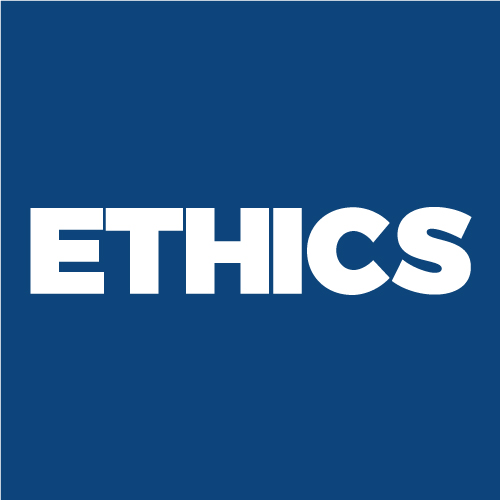 Cultural Competency Online Course(s) & Continuing Education
Cultural Competency Online Course(s) & Continuing Education
Access the latest clinical skills and research for Cultural Competency for IBCLC/Lactation Consultants professional training. These Cultural Competency online courses provide practice-changing skills and valuable perspectives from leading global experts. This Cultural Competency education has been accredited for a variety of CEUs / CERPs and can be accessed on-demand, at your own pace.
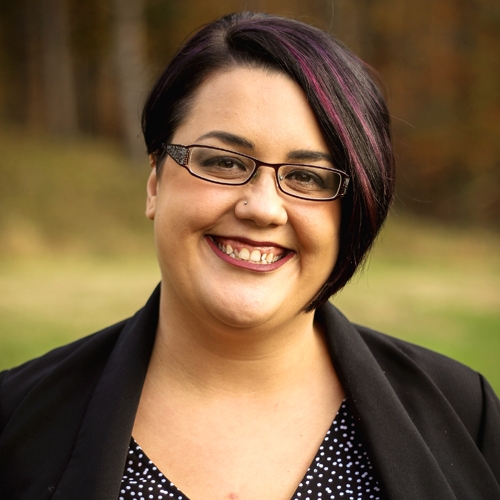
Barriers to Breastfeeding in Appalachia: A Sociocultural Perspective

Stephanie Carroll is an International Board Certified Lactation Consultant (IBCLC) who lives in southeast Ohio with her two daughters. She founded the Appalachian Breastfeeding Network in May of 2016. Now has grown to over 500 members across 15 states. Stephanie owns a private practice and works for a Breast Pump DME part-time. She also works as a speaker and marketing manager for Lactation Education Consultants. She continues to work towards transformation of breastfeeding culture, women's health equity, and increasing access to care in Appalachia, giving a voice to Appalachia, which continues to be underserved and overlooked.
The issue of lower breastfeeding rates in Appalachia goes beyond poverty – as many women in the region are willing to travel out of the area to receive good care. Why isn’t access to care easier to obtain in these rural areas? Why are women getting most of their prenatal education from their family members – making much of the education outdated and incorrect? Why have these women lost trust in their healthcare providers that are local?
The answers to these question reverts back to two major conclusions:
- Women are still considered second class in Appalachia and;
- Many healthcare providers do not understand Appalachian culture in order to serve them in the best way possible.
This presentation will discuss: a. What these specific barriers are; b. How we, as health professionals, can approach these barriers; c. How to help to create a new culture trend; and d. How to empower Appalachian women to take hone of their healthcare – specifically their birth and breastfeeding journey.
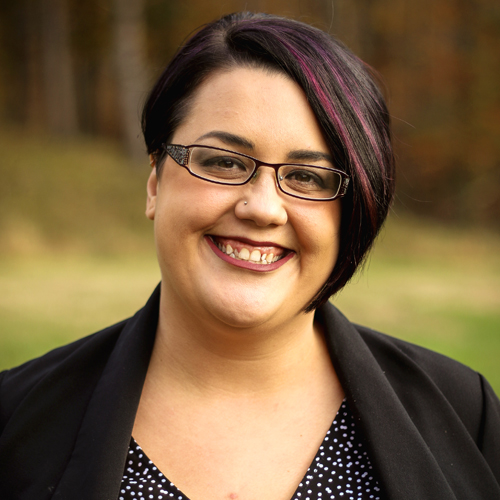
View Details / Enroll
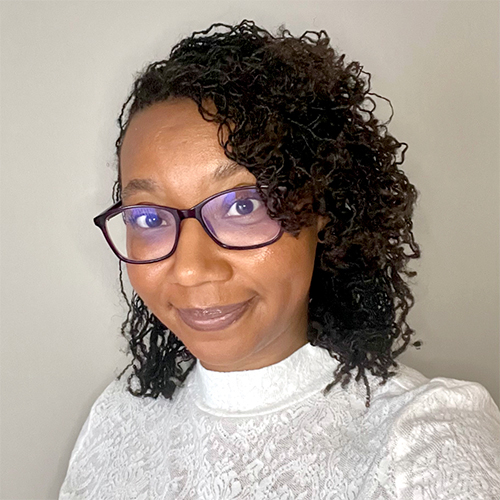

Erika Dudley is a Private Practice IBCLC and owns Enriched Lactation based out of Indiana. She has professionally supported lactating families for over 4 years from prenatal through toddlerhood. Erika's goal is to empower parents to understand there is value in their effort and action of providing breastmilk to their little ones. She educates tailored to a family's goal and it is done with the intention to display the value of lactation support as a whole that ideally serves as a ripple effect to future care. Erika is also the creator and host of the Leveling Up in Lactation podcast. It is a passion project that highlights, amplifies, and documents the journeys of Black Lactation Professionals.
The words that we use with families can be critical to their initiation and duration of their lactation journey. Often as lactation care providers we fixate on having the most updated, evidence-based information to support our clients, but what good is having the ‘right’ words if other parts of language and communication are missing or preventing those words from being received? This presentation will highlight the value of continuously updating our language skills to better serve families.
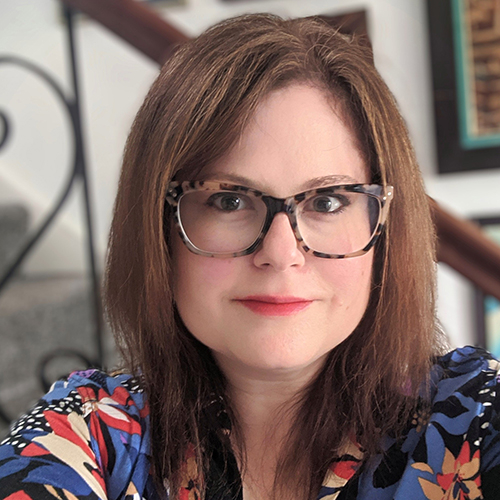
Providing Culturally Sensitive Support for Breastfeeding Muslim Families

Tamara Drenttel Brand holds an MA in Near Eastern Studies from the University of Arizona and a Master’s in Public Health (MPH) from the American University of Beirut. She spent 10 years in the Middle East, where she worked as a public health practitioner, infant and maternal health consultant and an IBCLC. She has supported breastfeeding dyads from all over the world both in private practice and as a volunteer. In 2011, she founded and still actively facilitates “Mama 2 Mama Beirut Breastfeeding Support,” the largest breastfeeding peer support network in the Middle East (currently at 25k+ members). Additionally, she founded Galactablog, a professional group for lactation specialists and those aspiring-to-be (currently at 4.7k+ members) and has authored several articles for La Leche League’s monthly leader publications in both the Middle East and Ireland.
She is currently an international speaker on the topics dealing with breastfeeding in the Middle East, innovative lactation teaching strategies, working in resource-scarce settings, providing culturally sensitive lactation support, developing and implementing peer counselor training programs, mast cell disease and other related topics. Due to her own chronic health conditions, she has a special interest in educating others about mast cell disease and supporting those with chronic illnesses. She currently resides in a seaside village in Ireland with her family.
Topic: Contextualizing Breastfeeding in Lebanon - [View Abstract]
Topic: Lactation Education Outside the Box: Innovative Teaching Strategies to Engage Your Audience - [View Abstract]
Topic: Mast Cell Diseases and Lactation Care in the Post-Covid Era - [View Abstract]
Topic: Providing Culturally Sensitive Support for Breastfeeding Muslim Families - [View Abstract]
Topic: Reflections on a Breastfeeding Peer Counselor Program in Lebanon: Lessons Learned and Looking Forward - [View Abstract]
Lactation professionals can provide invaluable assistance to Muslim families seeking to successfully breastfeed. However, cultural differences and a lack of understanding of Islamic culture could create barriers between professionals and the families they are trying to support. It is crucial that professionals and health care providers are aware of and acknowledge the unique role that culture and religion can play in this dynamic, both to prevent obstacles to breastfeeding and to encourage breastfeeding through culturally specific methods and arguments.
This presentation will show how to adapt your approach, language and content to ensure effective and sensitive care that will be more readily accepted by the mother and her family. It explores what the Qur’an says about breastfeeding and delves into traditional and cultural Islamic attitudes and practices surrounding breastfeeding. Moreover, it will explore the father’s role in Muslim culture and offer religious justification to encourage him to support breastfeeding, as well as issues of wet-nursing, milk sharing and adoption (as it relates to breastfeeding) within the Islamic context. As a participant, you will be encouraged to challenge your own assumptions about Islamic traditional and cultural practices and to use new knowledge gained to empower others to reflect on the benefits of being a culturally sensitive and responsive lactation professional and health care provider.

View Details / Enroll
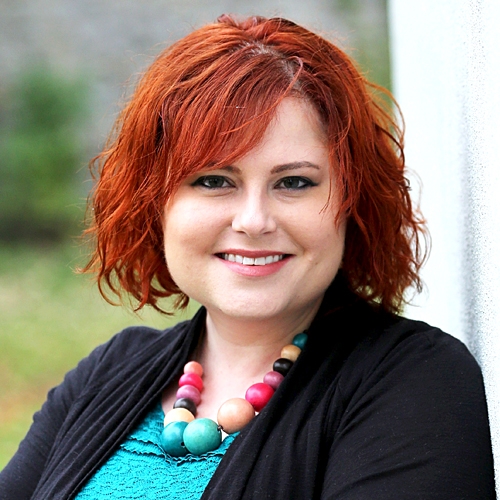
View Details / Enroll




